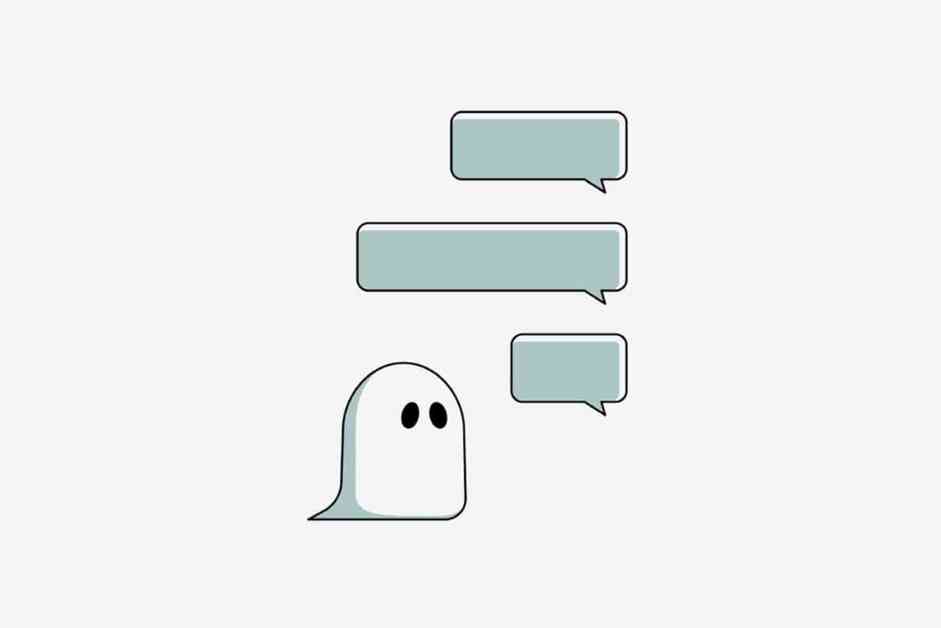Ghosting, the act of ending a relationship by suddenly ignoring another person’s attempts to communicate without explanation, is a common phenomenon that can leave individuals feeling confused and hurt. This behavior has become increasingly prevalent in today’s digital age, affecting various social interactions, including dating and job interviews.
Recent research conducted by psychologists YeJin Park and Nadav Klein from New York University sheds light on the motivations behind ghosting. The study involved eight experiments with hundreds of participants, revealing that ghosters may choose this method to spare the ghostee direct pain, even though their intentions are often misunderstood. This disparity in understanding between the ghoster and the ghostee can lead to speculation and emotional distress.
The findings of the study suggest that ghostees tend to underestimate how much ghosters care about their feelings. Ghosters, on the other hand, may be trying to avoid uncomfortable conversations and protect the ghostee’s emotions. This highlights the role of prosocial motives in rejection behaviors and the importance of interpersonal accuracy in navigating social interactions.
In hypothetical scenarios where participants were assigned the roles of ghoster or ghostee, ghosters evaluated their motivations as either self-oriented or other-oriented. Despite providing reasons for their silence, ghostees often doubted the sincerity of ghosters, reflecting a deep sense of mistrust.
It is essential to recognize that ghosting is not always a sign of indifference. Many individuals choose to stop communication to shield others from pain, unaware that being ignored can be more hurtful than being rejected. The act of ghosting can cause emotional conflict and distress for both parties involved, as ghosters may struggle with difficult conversations and fear negative reactions.
According to a 2023 study, a significant percentage of young people have experienced ghosting, indicating that this trend is likely to continue. By understanding the complexities behind ghosting, individuals may find more compassionate ways to navigate the end of relationships. The psychologists hope that studies like this will help both ghosters and ghostees better cope with rejection in the future.
The research findings were published in the Journal of Experimental Psychology: General, offering valuable insights into the psychology behind ghosting and the underlying motivations that drive this behavior. By fostering greater understanding and empathy, individuals can navigate social interactions more effectively and mitigate the emotional impact of ghosting on both parties involved.






